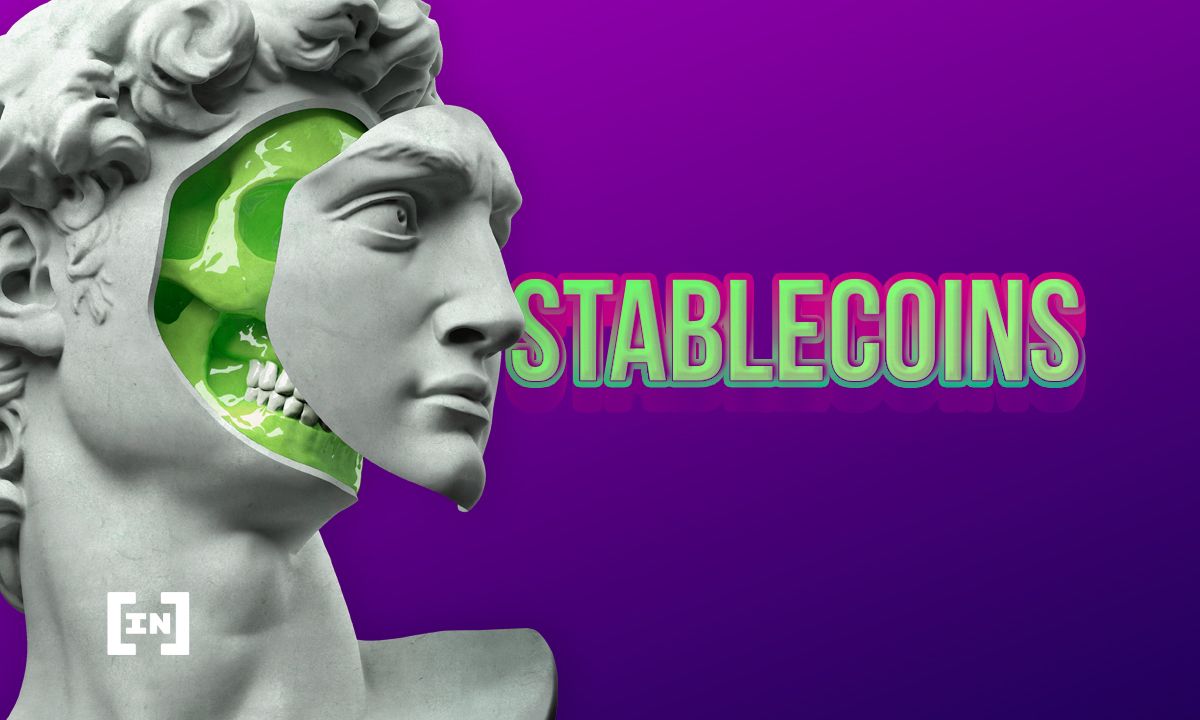Report with regulatory oversight implications for stablecoins and DeFi has been released by the President’s Working Group on Financial Markets, the Federal Deposit Insurance Corporation, and the Office of the Comptroller of the Currency.
The battle lines have been drawn between the federal government and the crypto industry, even if there is no scent of burnt gunpowder. The Biden administration released a report outlining its intentions to swoop in on the crypto industry, by making Congress issue a directive that sees issuers of stablecoins registering as chartered banks or insured depository institutions. The role of a chartered bank is to accept and look after monetary deposits from individuals and organizations, and to lend money out.
A chartered bank usually has to get government permission to operate, has a charter that outlines its operation, which is sometimes federally issued. One of the regulations could be that the bank has to have a minimum capital requirement, which is no doubt the case in this Biden report. The administration is concerned that stablecoins, which are worth exactly $1 each, are not backed by commensurate T-bill or cash reserves by those who issue them, leading to the possibility of the federal government stepping in to provide liquidity when the stablecoin doesn’t perform and people go into a panic.
Regulate, not shut down
The Biden administration, in drawing the battle lines, hopes to convince the crypto industry that unambiguous regulations would be positive in the long run. And it can be, if it means to allow the industry to operate, instead of shutting it down, like was recently done in China.
Stablecoin issuers looking to remain in the game for the long haul would do well to concede that being regulated like banks does preserve a degree of federal protection. In the event of a default by a stablecoin issuer, the FDIC could pay out customers.
Stablecoins are used in smart contracts that are the building blocks of DeFi. The two largest stablecoins are Tether (USDT) and USD Coin (USDC). Stablecoins represent a small piece of the digital assets out there in the market, nevertheless, 75% of trading occurs between a stablecoin and another token.
Could regulation result in DeFi resilience?
The crypto industry has generally balked at federal regulatory attempts. They fought hard against new tax-reporting rules that are awaiting passage in the House of Representatives. However, the crypto industry, especially DeFi institutions, have to concede that their niche industry has seen its fair share of hacks. Belt Finance, the Binance Smartchain clone, saw $6.2M removed from its coffers in a flash loan exploit in the first half of 2021. Rari Capital saw a hack in 2021 that resulted in it losing $10M, which it paid back through developer funds.
To the DeFi industry’s credit, five institutions recovered from hacks, including Compound, Yearn Finance, Sushiswap, Cover Protocol, and Alpha Finance Labs. Recently, however, Compound saw a mass payout of $90M due to a bug. Multiple incidents involving the egress of large sums of money from DeFi institutions raises the question of how fiscally resilient these institutions can be, and whether federal and DeFi institutions can reach a mutually beneficial truce to ensure the sustainability of the industry.
What do you think about this subject? Write to us and tell us!
Disclaimer
In adherence to the Trust Project guidelines, BeInCrypto is committed to unbiased, transparent reporting. This news article aims to provide accurate, timely information. However, readers are advised to verify facts independently and consult with a professional before making any decisions based on this content. Please note that our Terms and Conditions, Privacy Policy, and Disclaimers have been updated.


